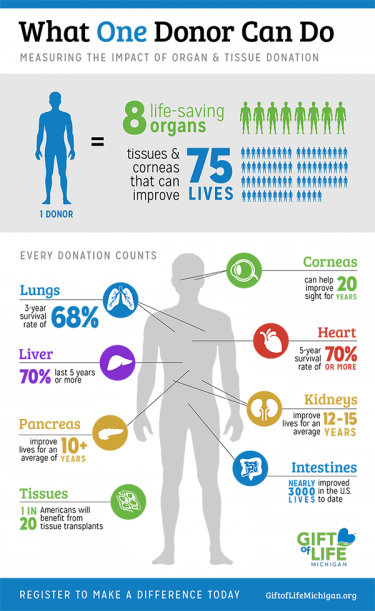
Organ donation is a noble act that can save the lives of those in need. Unfortunately, there is a significant shortage of organs for transplantation in Malaysia, with many patients on waiting lists for years. According to the National Transplant Resource Centre (NTRC), between 1997 and April 2022, only 1% of the 510,186 individuals who pledged to become organ donors kept their promise. This critical situation has left 49,111 stage five dialysis patients waiting for organ donations.
Can I decide to donate my organ after death without telling my family?
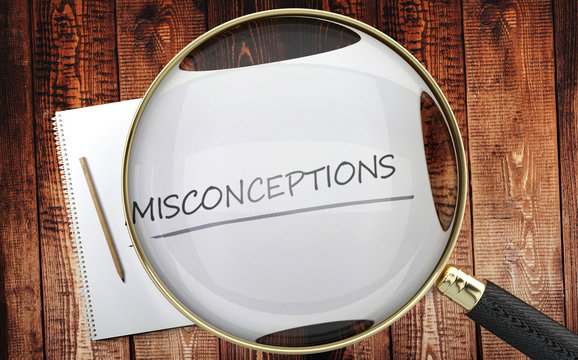
There are many misconceptions about organ donation that prevent people from donating their organs. One common myth is that organs can be taken from a deceased individual without their family’s consent. However, the Human Tissue Act 1974 mandates that the consultation and approval of the donor’s next of kin or family members are necessary for organ and tissue donation.
Whose organ donation will be permitted?
Another myth is that only young and healthy individuals can donate organs. The truth is that there is no age limit for organ donation. In fact, one of the oldest organ donors in the United States was 92 years old. The doctor will assess the condition of the organ rather than the age of the donor. However, some medical conditions, such as infectious diseases like HIV-AIDS, Hepatitis B and C, and syphilis, disqualify a person from donating organs. Nevertheless, a review of nearly 650 kidney transplants from deceased donors aged 50 to 80 found that patient survival and organ function were high. It shows that organs from extremely aged donors represent a resource that should be accurately evaluated.
Will organ donation disfigure the donor's body?

It is also a common misconception that organ donation will disfigure the donor’s body. This is not true, and even an open-casket funeral is still possible. Moreover, the donation process will not cause any physical disfigurement.
Does Islam permits organ donation?
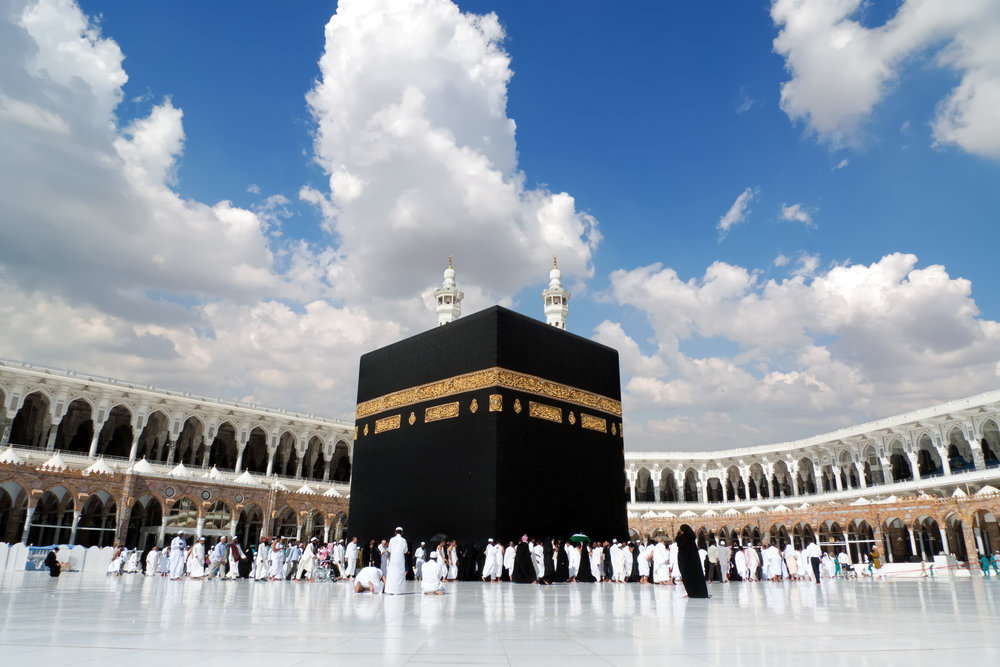
Islam permits organ donation after death, and other religions in Malaysia, such as Buddhism, Christianity, Hinduism, and Sikhism, also encourage organ donation as a noble deed.
How to be an organ donor?
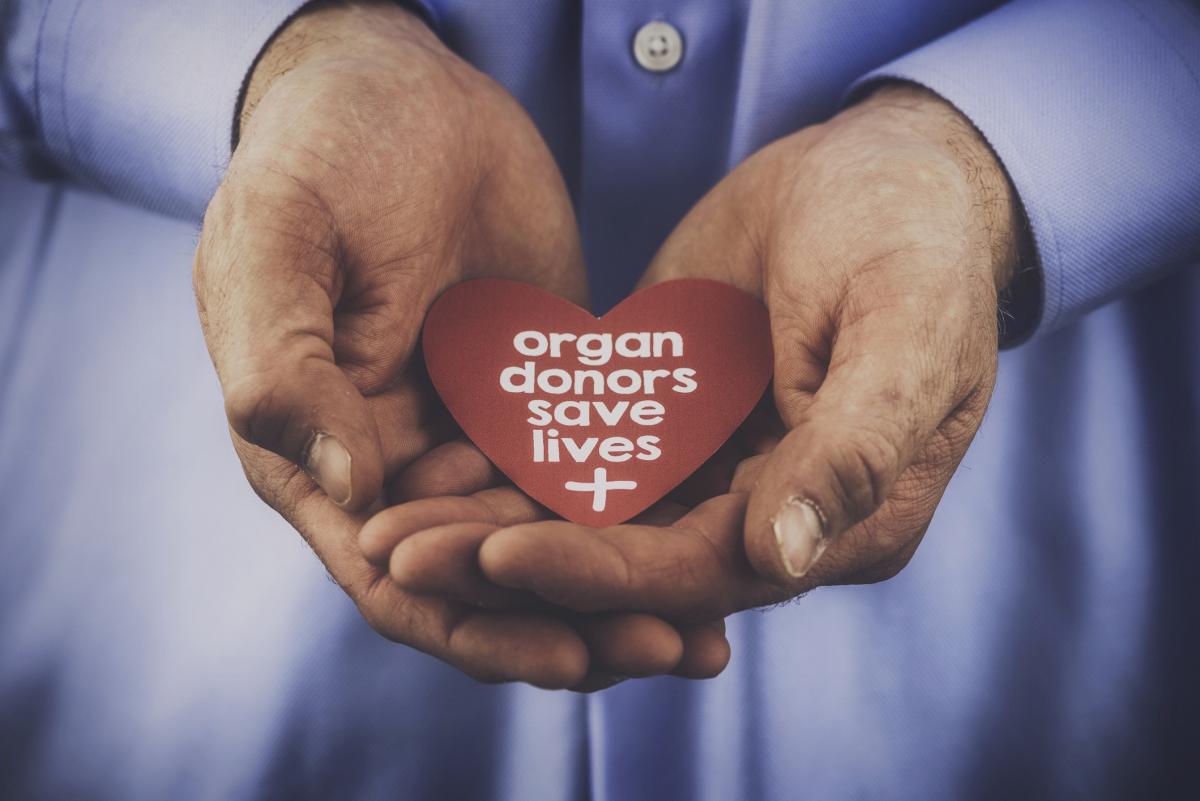
To become an organ donor, individuals can fill up an organ donor registration form available in all government hospitals or download the form online from the National Transplant Resource Centre. Organ donation is a life-saving act that can help those in dire need. By donating their organs, individuals can leave a lasting impact on society and help save lives. It is crucial to debunk myths surrounding organ donation and spread awareness about its importance.
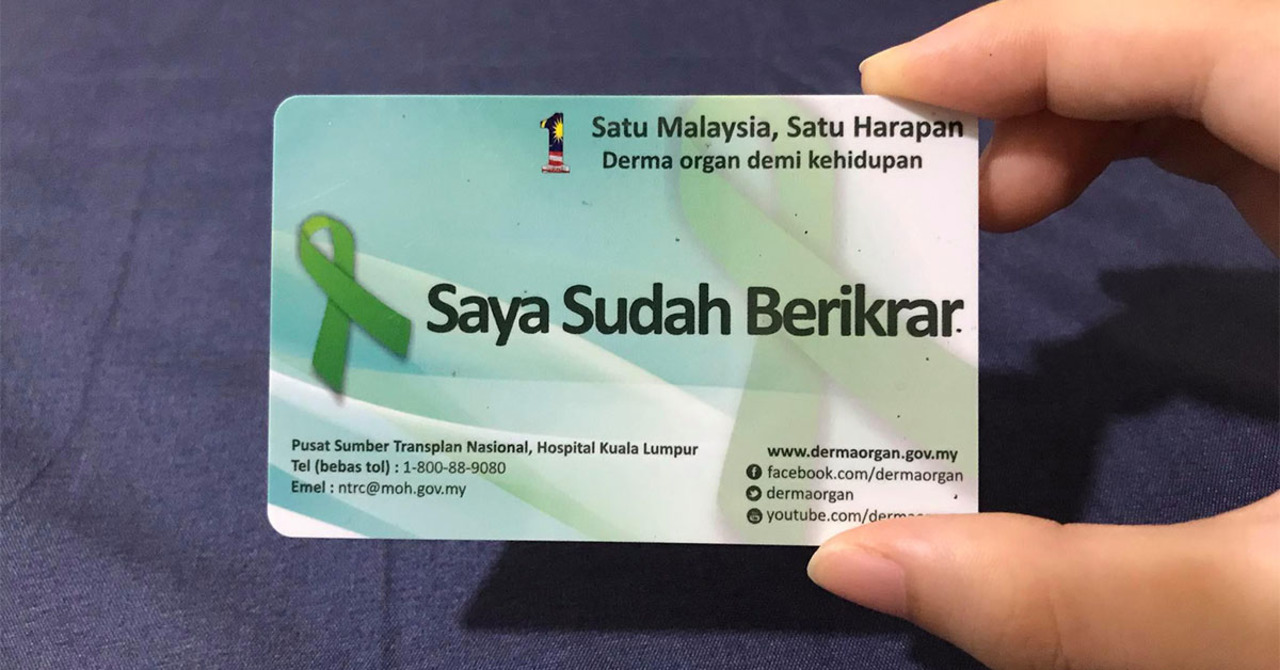
In Malaysia, organ donation has been a significant issue due to low donation rates, despite the increasing number of patients in need of organs. The shortage of organs is attributed to the lack of public awareness, cultural and religious beliefs, and the reluctance of family members to consent to organ donation. The Malaysian government has implemented several initiatives to address the issue, such as awareness campaigns, education programs, and collaborations with religious leaders. Nevertheless, much work still needs to be done to improve the situation and encourage more individuals to donate their organs.
In conclusion, organ donation is a noble act that can save lives and leave a lasting impact on society. It is essential to debunk myths and spread awareness about its importance to encourage more individuals to donate their organs. By doing so, we can help alleviate the suffering of those in need and create a better world for all.
You’re always young enough to make a difference.

Gut Health for Yoginis: Enhancing Your Practice with Fiber and Ancestral Nutritions Fibre Clenz
Share on facebook Facebook Share on twitter Twitter Share on linkedin LinkedIn Share on facebook Facebook Share on pinterest Pinterest Share on telegram Telegram Share
A Pillar of Strength in Golden Years: 10 Paths on How Regular Screenings Uphold Your Health
In the evocative voyage of life, the golden years emerge as a time to relish the fruits of decades of labor, to bask in the
Unlock the Secret to Sweet Dreams: 10 Ways of Enhancing Sleep Quality as You Age
Share on facebook Facebook Share on twitter Twitter Share on linkedin LinkedIn Share on pinterest Pinterest Share on telegram Telegram Share on whatsapp WhatsApp Share
Building Bridges, Not Walls: 10 Methods of Mastering the Art of Cultivating Social Connections in the Golden Years
Share on facebook Facebook Share on twitter Twitter Share on linkedin LinkedIn Share on telegram Telegram Share on whatsapp WhatsApp Share on email Email Share
Navigating the Golden Years: 10 Ways to Achieve Emotional Wellness and Conquering Loneliness
Share on facebook Facebook Share on twitter Twitter Share on linkedin LinkedIn Share on pinterest Pinterest Share on telegram Telegram Share on whatsapp WhatsApp Share
Stay Brainy in Your Golden Years: 10 Fun Activities to Keep Your Mind Sharp and Engaged!
Hello, brain buffs! Aging might be inevitable, but letting our minds turn to mush? No way, José! Time to boot up those brain cells and